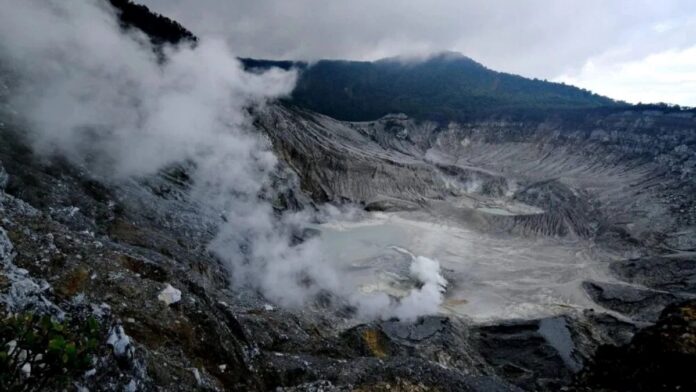New Delhi:
A scheduled flight by the operator IndiGo from Kannur to Abu Dhabi was diverted to Ahmedabad on Monday evening after a major volcanic eruption in Ethiopia disrupted regional air corridors.
Airline sources said that with ash cloud conditions persisting, the decision was taken to cancel the flight. All passengers were provided with refreshments, and IndiGo is arranging an alternate flight to return them to Kannur, the original point of departure.
The volcano, Hayli Gubbi Volcano, located in Ethiopia’s Erta Ale range, erupted for the first time in nearly 10,000 years, sending volcanic ash and sulphur dioxide high into the atmosphere at altitudes used by commercial flights. Satellite data estimated the plume rose between 10 km and 15 km, drifting eastwards and affecting air routes across Yemen, Oman and beyond.
Indian aviation authorities and several domestic carriers are now closely monitoring the situation as the ash cloud has the potential to impact airspace over northern India, including sectors near Delhi and Jaipur.
DGCA advisory on volcano burst
In the wake of the eruption of Ethiopia’s Hayli Gubbi volcano, the Directorate General of Civil Aviation (DGCA) issued a detailed advisory to airlines and airports. The DGCA has urged strict compliance with these measures until further notice, with constant updates expected as ash-cloud dispersion models evolve.
* Airlines have been warned of hazardous volcanic ash drifting into regional air routes and instructed to avoid affected altitudes and regions immediately.
* Airports have been directed to inspect runways, taxiways, and aprons if ashfall is suspected, with operations restricted or suspended until surfaces are cleared.
* Mandatory rerouting and fuel adjustments are required to avoid ash clouds, while pilots have been instructed to report any suspected ash encounters, including engine anomalies or cabin smoke.
* All airlines have been asked to conduct post-flight engine and airframe inspections for aircraft operating near possible ash corridors.
Safety-risk protocols have been activated, requiring operators to monitor engine fluctuations, cabin odour events, and weather changes affecting ash dispersion.



